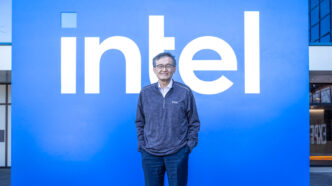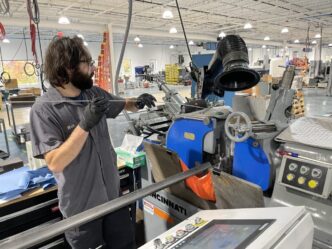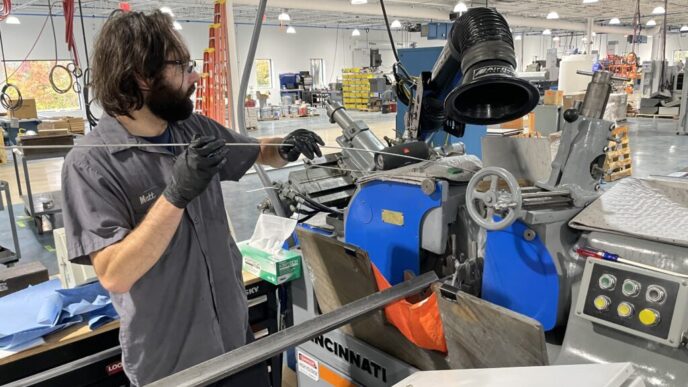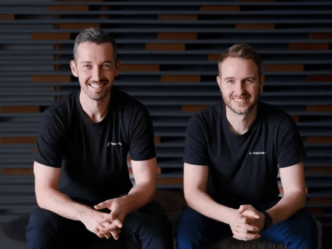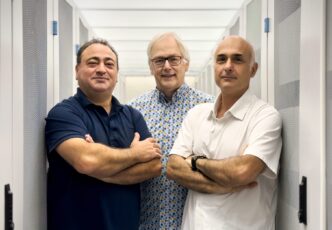Intel has walked back its earlier decision to spin out Intel Capital, its longtime venture capital arm. The chipmaker now plans to keep Intel Capital under its corporate umbrella, with a sharper focus on supporting Intel’s core business strategy.
The announcement came during Intel’s Q1 earnings call, where CEO Lip-Bu Tan said the company will retain Intel Capital rather than pushing forward with independence. Instead of seeking outside investors or creating a standalone entity, the firm will continue operating internally — but with a refined mission.
“We’ve decided not to spin off Intel Capital,” said Tan. “We’ll work with the team to monetize parts of the existing portfolio and be more selective with new investments. This supports our goal of improving the balance sheet and starting the deleveraging process in 2025.”
This marks a significant shift from plans unveiled just a few months ago.
A Strategic U-Turn for Intel’s VC Arm
In January, Intel signaled it was preparing Intel Capital for a full spinout. The venture group — founded in 1991 and known for early investments in companies like VMware and DocuSign — was expected to go independent by the third quarter of this year. The move would have allowed the team to attract external capital while maintaining Intel as a strategic investor.
At the time, Intel Capital’s VP and senior managing director, Mark Rostick, said the group had been exploring this route for years. “We felt our performance and track record spoke for itself,” he told TechCrunch in January. “We’d done well even in a tough venture climate, with more successful exits than most.”
Rostick and others believed independence would help the firm move more freely in the broader VC ecosystem. Sources close to the situation also said former Intel CEO Pat Gelsinger supported the spinout strategy. But the recent executive shakeup at Intel appears to have changed that direction.
CEO Lip-Bu Tan’s leadership brings a renewed focus on financial discipline and operational alignment. The company is facing mounting pressure to reduce costs and revitalize its core semiconductor business amid fierce global competition. Keeping Intel Capital closer to home supports that agenda.
Rather than focusing on general tech investments, Intel Capital will now emphasize opportunities that align more directly with Intel’s long-term plans — such as AI infrastructure, semiconductor tools, and next-generation computing.
Intel also plans to review its current portfolio and divest from investments that no longer serve its strategic focus.
Realigning for a Tighter Future
Intel’s move reflects broader trends among corporate venture arms. As public markets fluctuate and tech valuations remain volatile, many large firms are reassessing their investment strategies. Venture capital arms that once operated like independent funds are now being asked to deliver more direct strategic value.
With this reversal, Intel joins a growing list of companies consolidating their innovation efforts. Instead of splitting off their venture capital efforts, they’re bringing them closer to the core — making sure every investment drives business synergy.
While Intel Capital’s team remains intact for now, their mandate has clearly changed. New deals will be approached with stricter criteria, and financial returns will be weighed alongside strategic benefits.
For startups looking to pitch Intel Capital, alignment with Intel’s semiconductor roadmap will now be more important than ever.
